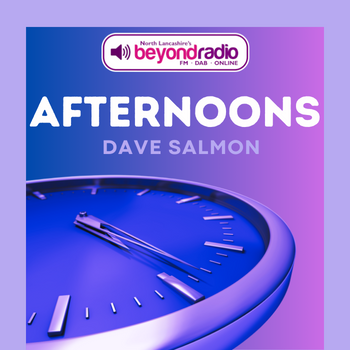
The Tory leader has warned that Lancaster City Council will not exist by 2030 unless it gets a grip on "a financial emergency".
Andrew Gardiner was speaking at the annual Lancaster City Council budget meeting on Wednesday night, amid fears that the council could be £11million in deficit within the next four years.
City councillors voted in favour of the proposed 2022/23 budget by a clear majority during the meeting at Morecambe Town Hall.
But Councillor Gardiner, leader of the Conservative group on the council, had some words of warning for his fellow councillors, in light of the increasing budget deficit.
"We talk about a climate emergency, but we need to be talking about a financial emergency," he said.
"If we don't, we won't be here in 2030 to discuss the former."
Councillor Gardiner also asked Councillor Anne Whitehead from the Labour group, the cabinet member for finance and resources: "If this was your business, how would you sleep at night?"
 Councillor Whitehead (pictured) replied: "We take seriously the financial situation we are in. Whether I sleep at night, we have a process in place to address this.
Councillor Whitehead (pictured) replied: "We take seriously the financial situation we are in. Whether I sleep at night, we have a process in place to address this.
"If (Councillor Gardiner) could persuade central government to give more money to councils, that would be extremely helpful."
Councillor Gardiner also expressed fears that the council could be "£11million in deficit by 2025/26".
Councillor Whitehead replied: "Nine or 11 million, but we won't let it get that far."
Councillor Tim Hamilton-Cox from the Green party said: "I am slightly more optimistic (than Councillor Gardiner).
"We will be around financially in 2030. The situation is not as dire. But we need to be more proactive.
"There are opportunities for us to save operating costs and generate income."
Councillor Gardiner also called for a new cross-party financial committee to be set up to look into the council's finances and future strategy.
Councillor Whitehead said: "I welcome the co-operative tone of Councillor Gardiner's speech.
"We need to come together to make agreements on what happens in the future, rather than falling out and blaming each other."
After a short debate on the proposed budget, councillors took a vote.
The majority of councillors in attendance voted in favour of the budget.
Conservative councillors Keith Budden, Andrew Gardiner, Melanie Guilding, Stuart Morris, Malcolm Thomas, John Wild and Peter Yates abstained, as did Independent Councillor Roger Cleet.
The agenda for the meeting, containing the full budget proposals, can be found here.
The approved General Fund Revenue Budget was for £21.254 million, resulting in a Council Tax requirement of £10.176 million (excluding parish precepts) and a Band D basic City Council tax rate of £241.95.
A rise of £5 for a Band D property had already been agreed by councillors, to increase the Lancaster City Council proportion of Council Tax for 2022/23, at the last meeting of full council.
There is a structural budget gap in 2023/24 onwards of around £2.165 million rising to £3.997 million.
A report into the council budget said: "If this is not closed, then balances will be required to make up the difference.
"Like all Councils, Lancaster City Council faces increased financial pressures and uncertainty because of the impact of Covid-19 and Brexit.
"Over several years, the Council has managed to build up a level of reserves and will benefit from the significant green energy disregard, both of which offers a degree of protection from volatilities.
"An underlying structural budget deficit was identified several years ago and, although this deficit has increased, current spending plans are sustainable in the short term through the prudent allocation of funding from reserves.
"However, in the medium term based on current projections, they are not sustainable.
"In the unlikely event of a 'Perfect Storm' of risks happening all within the next year, there are sufficient balances to meet all these risks in the short term which would give the Council time to adapt in the longer term."
The volatility of business rates remains "a risk to the council", said the report. See our story here for more.
Lancaster City Council is currently under no overall control, meaning that no single political group achieves a majority of seats.
Labour has the most seats with 16, followed by the Conservatives with 11, Greens and Morecambe Bay Independents (MBIs) with 10, the Independent group has 5, while Eco-Socialist Independents and Liberal Democrats have 4 each.
The council cabinet is formed of a cross-party group of Labour, Green and MBI councillors, led by Green councillor Caroline Jackson.



 Traffic diverted as Lancaster quay closed for rail bridge works
Traffic diverted as Lancaster quay closed for rail bridge works
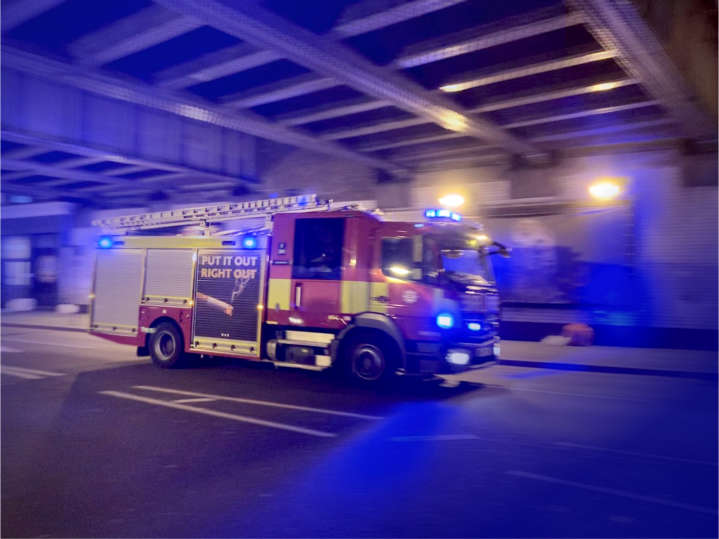 Caravan fire in Morecambe spreads to two other vehicles
Caravan fire in Morecambe spreads to two other vehicles
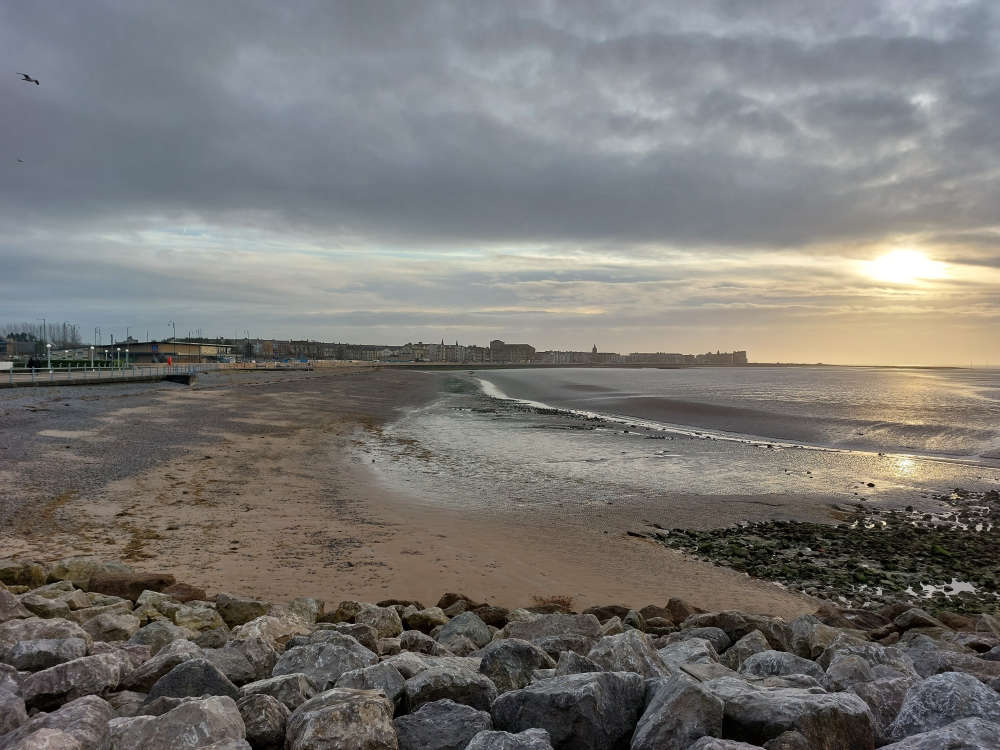 Morecambe's two bathing beaches receive Seaside Awards amid calls to improve water quality
Morecambe's two bathing beaches receive Seaside Awards amid calls to improve water quality
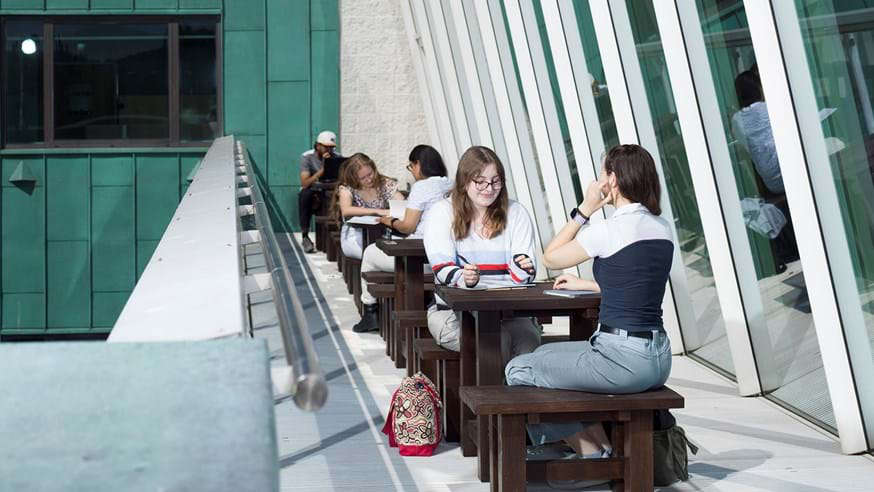 Lancaster remains best university in North West England in Complete University Guide
Lancaster remains best university in North West England in Complete University Guide
 'Music with the Mayor' initiative launched to support North Lancashire’s Citizens Advice
'Music with the Mayor' initiative launched to support North Lancashire’s Citizens Advice
 DIARY: Beyond Radio presenter fighting cancer continues his '60 Before 60' challenge
DIARY: Beyond Radio presenter fighting cancer continues his '60 Before 60' challenge
 BIG FIGHT COUNTDOWN: Tyson Fury's father John headbutts Usyk supporter ahead of undisputed heavyweight title fight
BIG FIGHT COUNTDOWN: Tyson Fury's father John headbutts Usyk supporter ahead of undisputed heavyweight title fight
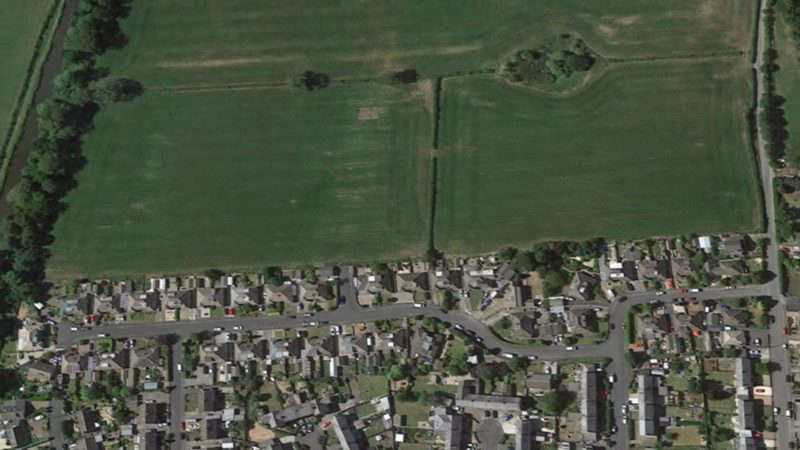 Decision to refuse Galgate housing scheme planning permission upheld following public inquiry
Decision to refuse Galgate housing scheme planning permission upheld following public inquiry
 INTERVIEWS and PHOTOS: The story of Highest Point festival 2024
INTERVIEWS and PHOTOS: The story of Highest Point festival 2024
 INTERVIEW: Lancaster prison officer backed by Tyson Fury wins sport contest ahead of Miss England bid
INTERVIEW: Lancaster prison officer backed by Tyson Fury wins sport contest ahead of Miss England bid
 VIDEO and INTERVIEW: Lancaster schoolboy, 10, makes drum 'n' bass DJ debut at Lancaster festival
VIDEO and INTERVIEW: Lancaster schoolboy, 10, makes drum 'n' bass DJ debut at Lancaster festival
 Highest Point 'Lancaster Rocks' night cancelled due to thunderstorms warning
Highest Point 'Lancaster Rocks' night cancelled due to thunderstorms warning
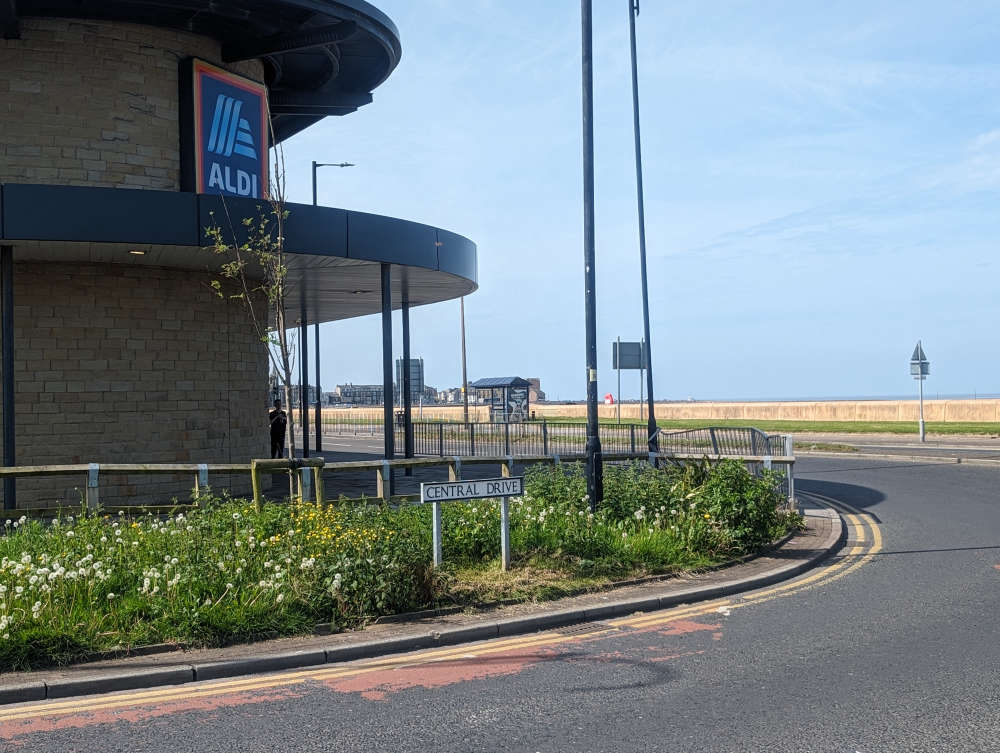 Quad bike rider dies after road crash in Morecambe
Quad bike rider dies after road crash in Morecambe
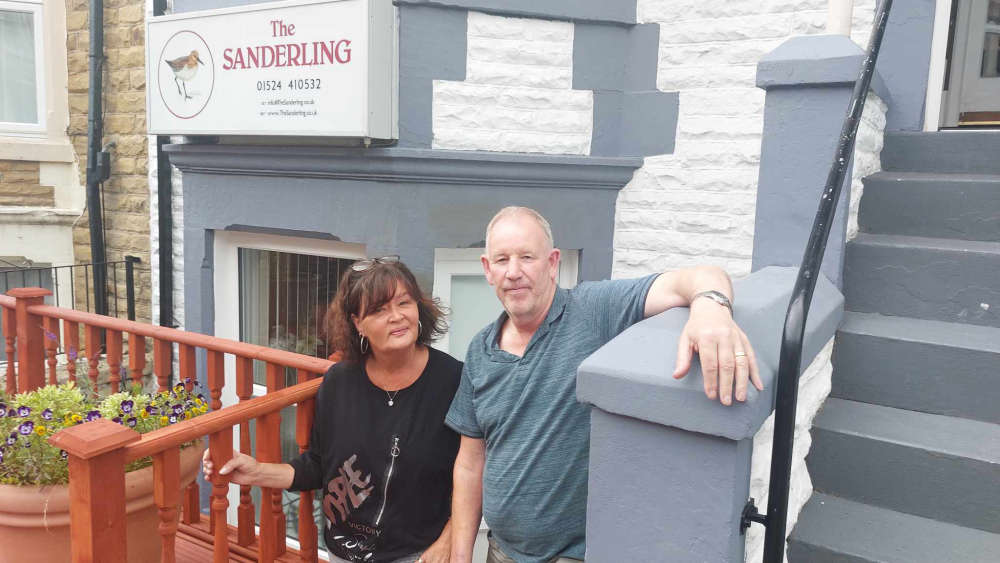 Morecambe guesthouse couple to star on reality TV show 'Four in a Bed'
Morecambe guesthouse couple to star on reality TV show 'Four in a Bed'
 PHOTOS: Northern Lights dazzle on Highest Point festival day one
PHOTOS: Northern Lights dazzle on Highest Point festival day one
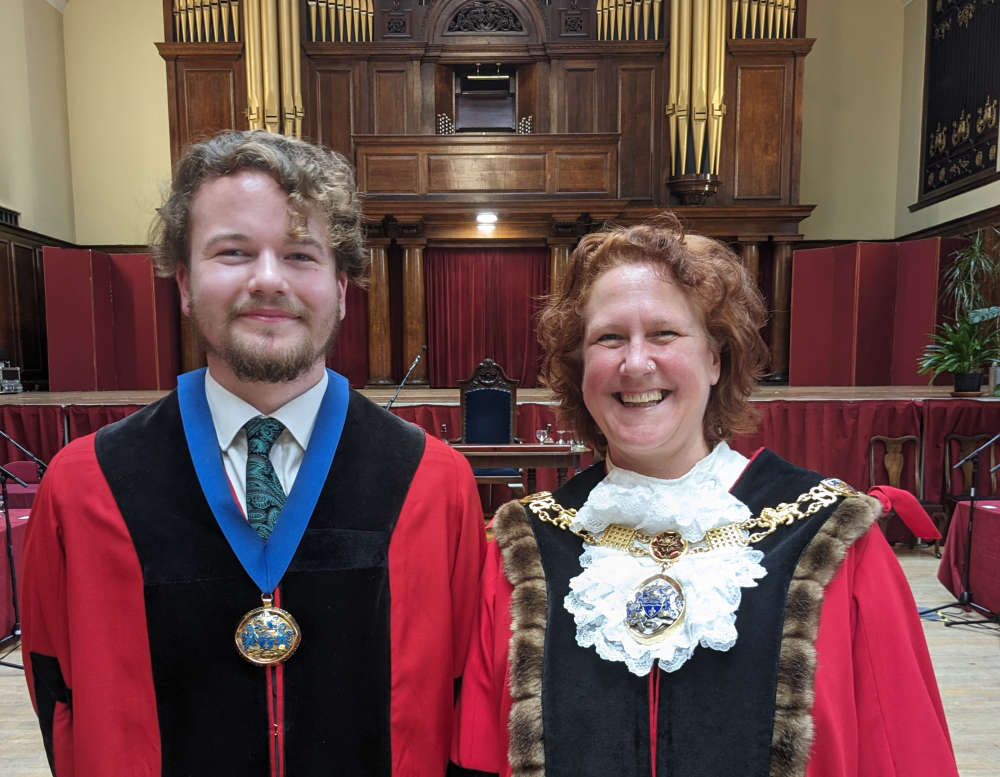 Mother and son unveiled as new Lancaster mayoral team
Mother and son unveiled as new Lancaster mayoral team
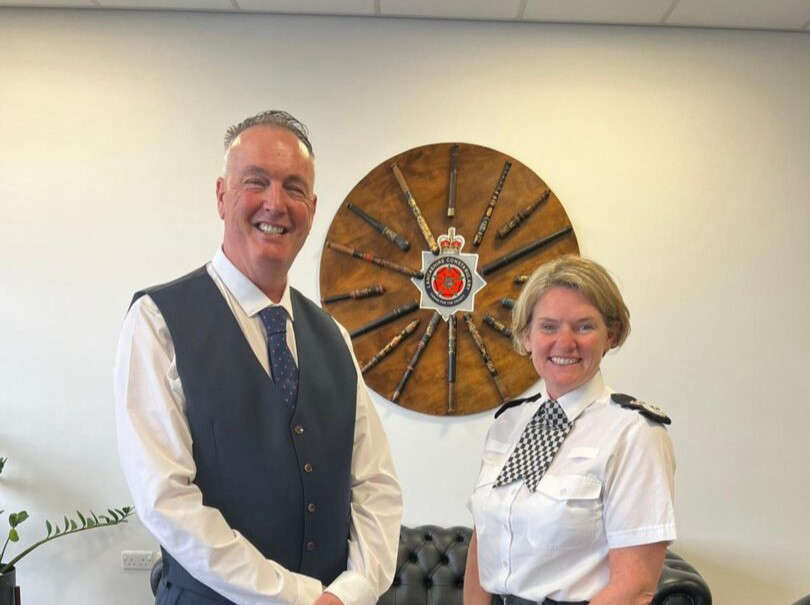 New police and crime commissioner for Lancashire begins role
New police and crime commissioner for Lancashire begins role
 Morecambe homeless man jailed after admitting criminal damage
Morecambe homeless man jailed after admitting criminal damage
 Firefighters tackle fire at flat in Morecambe
Firefighters tackle fire at flat in Morecambe
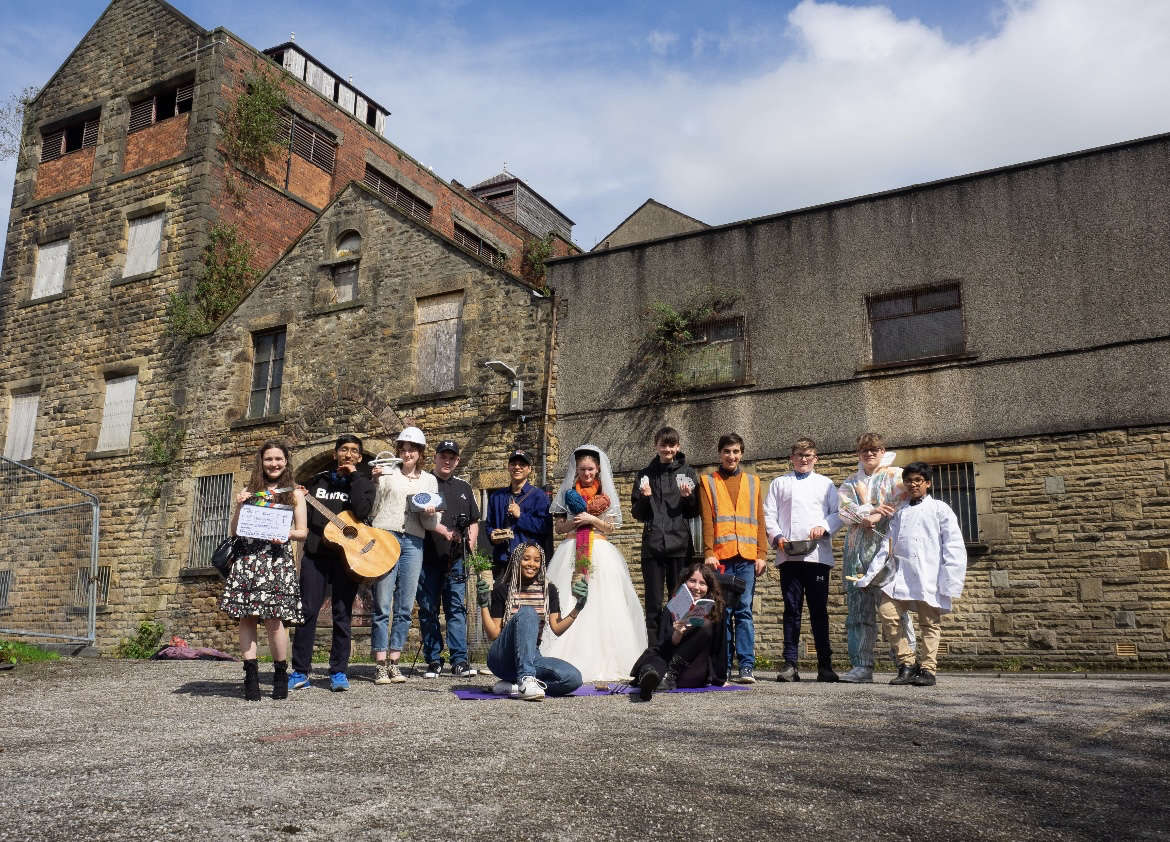 Lancaster youth charity awarded £221,400 towards vision for 'creative youth space' in city
Lancaster youth charity awarded £221,400 towards vision for 'creative youth space' in city


